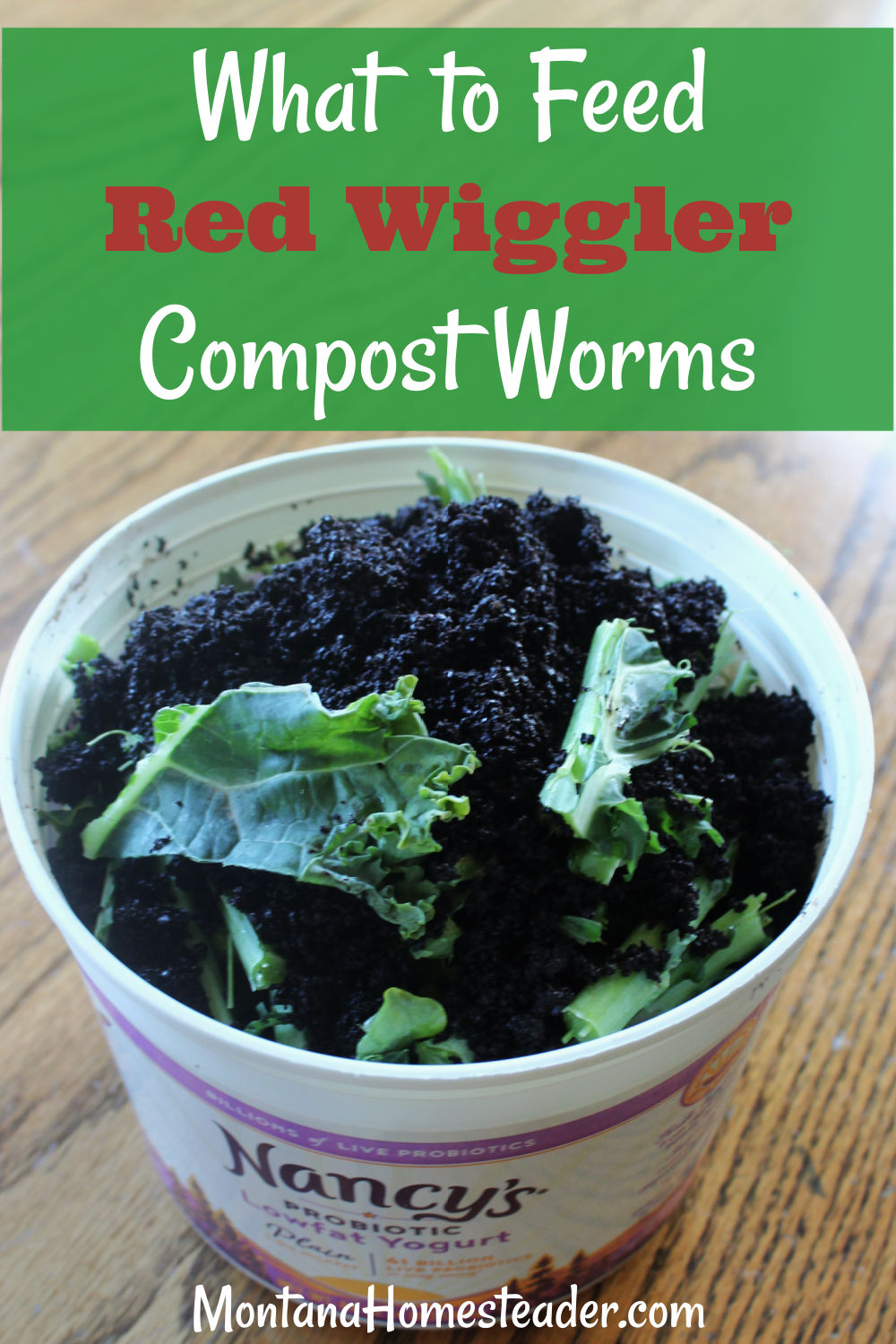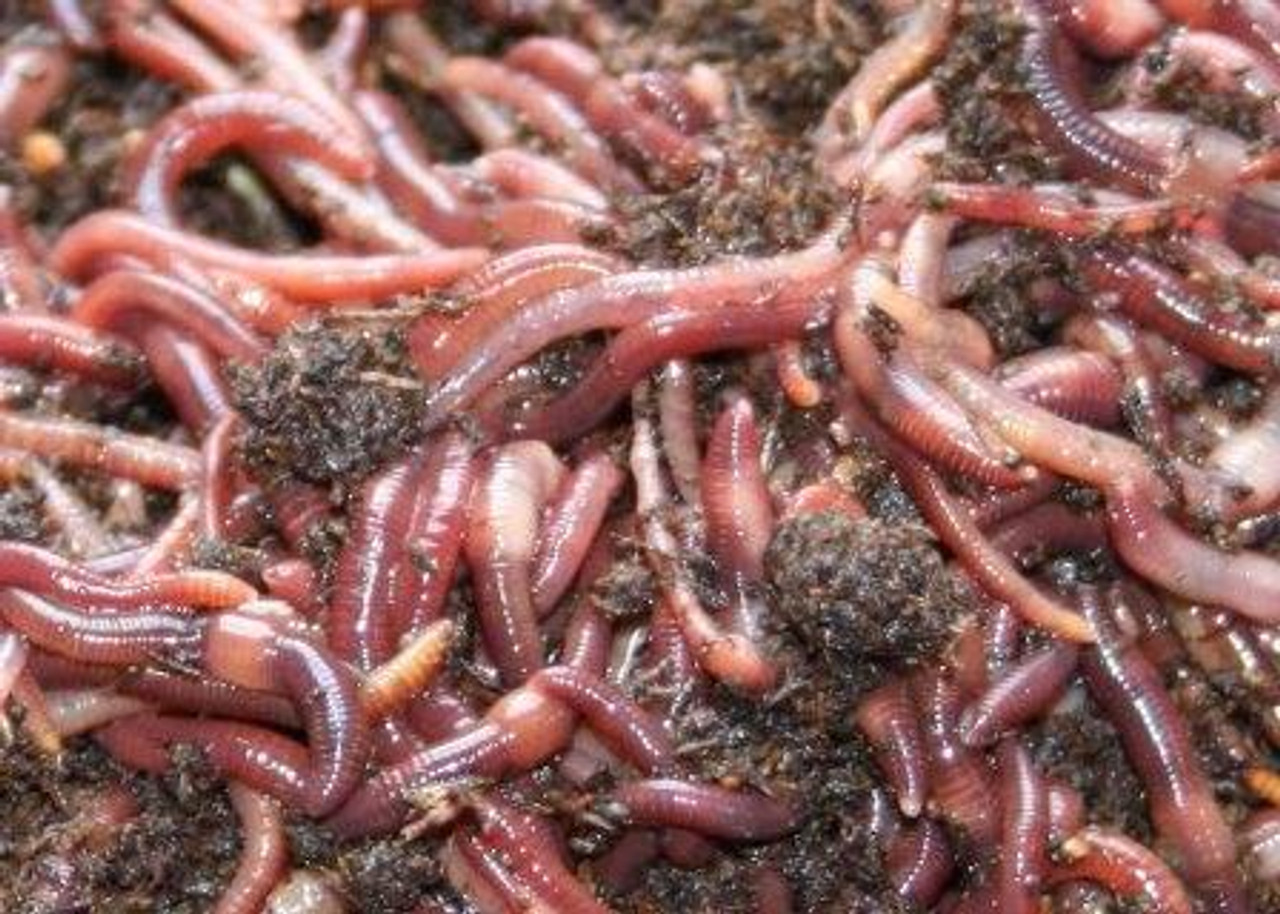Enjoy Healthy, Thriving Grass with the Help of Red Wiggler Express Lawn Care Tips
Unlock the Secrets of Red Wigglers: Your Guide to Composting Success
The combination of red wigglers into composting methods provides a considerable chance for improving soil health and promoting sustainability. These microorganisms are not just reliable recyclers of natural waste; they use a myriad of advantages that can change yard monitoring. Understanding their needs and habits is essential for optimizing their capacity, from setting up a suitable worm bin to feeding them the best materials. As we explore the essential components of effective vermicomposting, one may question how these tiny animals can cause a much more vibrant and effective yard environment.

What Are Red Wigglers?
(Red Wiggler Express)Red wigglers, medically referred to as Eisenia fetida, are a species of earthworm mostly used in composting as a result of their exceptional ability to decay organic issue efficiently. These worms are identified by their reddish-brown coloration and a fractional body, usually measuring between 3 to 4 inches in size. Unlike other earthworm varieties, red wigglers thrive in abundant, organic atmospheres, making them ideal for vermicomposting systems.
Belonging To The United States And copyright, they are typically located in rotting fallen leaves and compost heap, where they play a crucial function in nutrient recycling. Their adjustment to living in a damp, cardio atmosphere allows them to eat big quantities of natural waste, breaking it down into nutrient-rich spreadings that boost soil health and wellness.
Red wigglers duplicate swiftly, with a solitary worm qualified of generating several cocoons each week, each containing multiple hatchlings. Understanding the biology and behavior of red wigglers is crucial for maximizing their potential in composting applications.
Advantages of Utilizing Red Wigglers
Harnessing the power of red wigglers in composting offers numerous benefits that enhance soil health and promote lasting waste monitoring. These impressive microorganisms successfully damage down raw material, transforming kitchen scraps and backyard waste into nutrient-rich vermicompost. This completed product is incredibly helpful for plant growth, as it improves soil framework, raises wetness retention, and improves nutrient availability.

(Lake Rhodhiss Bait)Additionally, the visibility of red wigglers in your composting system can speed up visit this site right here the composting process, generating premium compost in a portion of the time contrasted to conventional approaches. The spreadings produced by these worms are likewise including valuable bacteria that further enhance the dirt environment.
Establishing Your Worm Container
Developing an effective worm bin is a simple procedure that can significantly improve your composting initiatives. Worm containers can be made from plastic storage bins, wooden boxes, or readily readily available worm containers.
Next, prepare the bedding material, which serves as the worms' habitat. A mix of shredded newspaper, cardboard, and coconut coir works well, offering a comfortable atmosphere for the worms.

Feeding Your Red Wigglers
To ensure the wellness and efficiency of your red wigglers, it is important to provide them with a well balanced diet that fulfills their nutritional needs. Red wigglers prosper on a diverse selection of organic products, which not only provide required nutrients yet likewise advertise effective composting.
Beginning by integrating cooking area scraps such as vegetable peels, fruit cores, and coffee premises. Avoid citrus fruits, onions, and garlic, as these can be destructive to worm health. In addition, introduce shredded paper, cardboard, and completely dry fallen leaves to produce a well-aerated setting.
Feeding frequency must be monitored; normally, worms can eat half their body weight in food weekly. It is important to stay clear of overfeeding, as excess food can result in undesirable smells and attract bugs. A good method is to include food in percentages, enabling worms to refine it before introducing a lot more.
Keeping moisture levels is likewise essential; the bedding ought to perspire yet not soggy. Be sure to on a regular basis examine the temperature level and pH levels of the bin to guarantee an ideal atmosphere for your red wigglers, eventually improving their composting performance.
Harvesting and Making Use Of Garden Compost
A successful composting procedure with red wigglers finishes in the rich, dark compost known as vermicompost, which can dramatically boost dirt health and plant growth. Collecting this nutrient-dense product usually occurs every 3 to 6 months, depending upon the size of your system and the quantity of organic matter being refined.
To gather, gently different the compost from the worms and any kind of undecomposed products. One effective approach includes moving the materials of the bin away and including fresh bedding and food to the vacant area, urging the worms to move. After a few days, the garden compost can be collected from the contrary side.
It is important to make use of vermicompost correctly to maximize its advantages. By incorporating vermicompost into your horticulture routine, you not only recycle natural waste yet also produce a thriving environment that sustains lasting gardening methods.
Final Thought
In summary, red wigglers serve as remarkable allies in composting efforts, transforming organic waste right into nutrient-rich vermicompost. By recognizing the optimum problems for their environment, feeding demands, and compost harvesting techniques, gardeners can enhance dirt wellness and advertise plant vitality.